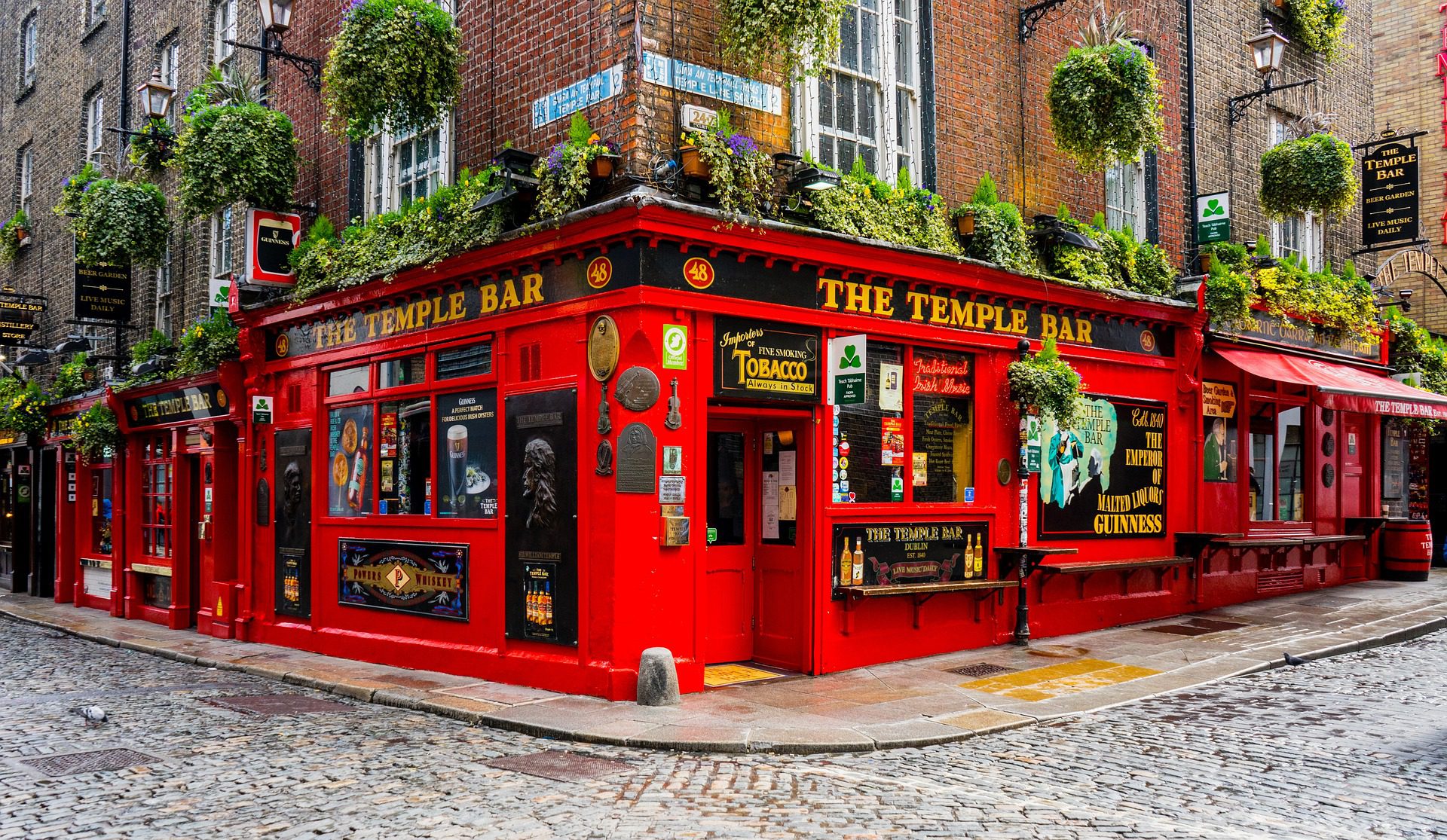

Hotel ownership comes in different forms, each with its unique advantages and disadvantages. Understanding the different types of hotel ownership can help prospective hoteliers make informed decisions about their investments.
In this article, we will delve into the four primary categories of hotel ownership: franchised, privately owned and operated, leased, and managed, exploring the characteristics of each ownership type, along with their respective advantages and disadvantages. Read on to discover which hotel ownership model aligns best with your plans and aspirations.
Franchised Hotels
Franchised hotels operate under an established brand, with the owner holding a franchise agreement. This agreement allows the hotelier to use the brand’s name, trademarks, and systems in exchange for royalty fees.
Advantages
Franchised hotels benefit from immediate brand recognition, leveraging the established reputation and marketing efforts of the parent company; this helps attract customers more easily than starting from scratch. Franchisees also receive ongoing support, including training programmes, operational guidance, and marketing assistance from the franchisor.
Being part of a franchise allows hoteliers to enjoy the advantages of collective purchasing power and economies of scale, and franchisees often benefit from a central reservations system, enabling access to a broader customer base.
Disadvantages
While there are many advantages to franchising, there are also some less favourable considerations, such as the high initial investment – franchise agreements typically involve significant upfront fees and ongoing royalty payments.
There is also less flexibility and autonomy as franchisees must adhere to brand standards and guidelines, meaning they may have less freedom to introduce unique concepts or adapt quickly to market changes.
Privately Owned and Operated Hotels
Privately owned and operated hotels are independent establishments owned by individuals or private entities. These hotels have complete control over their operations, branding, and marketing strategies.
Advantages
Owners have the freedom to create a unique identity and tailor the hotel experience according to their vision; this also means they can swiftly respond to market demands, implement changes, and differentiate themselves from competitors. This often results in privately owned hotels creating a more personal and intimate guest experience.
Because there are no franchisors or management companies to share revenues with, owners retain all the profits earned through their hotel.
Disadvantages
Independent hotels may lack the resources and support available to franchised or managed establishments, meaning owners are responsible for all aspects of hotel management, including marketing, reservations, and operational systems. As a result, building brand recognition can be challenging, requiring significant marketing efforts and investments.
Leased Hotels
Leased hotels involve an agreement where the owner leases the property to an individual or entity, who then operates the hotel and assumes responsibility for its day-to-day management.
Advantages
Owners receive regular rental income without the operational and financial risks associated with hotel management, as the lessee bears the brunt of market fluctuations and economic uncertainties. Leaseholders handle the hotel’s operations, staffing, and maintenance, allowing owners to focus on other investments.
Disadvantages
Because of the lease setup, the owner has minimal control over the hotel’s operations, marketing strategies, or guest experience. This means that success hinges on the competency and commitment of the lessee, which may pose risks if they lack experience or encounter financial difficulties and, if the hotel performs particularly well, the owner may miss out on potential profits.
Managed Hotels
Managed hotels involve a contract where a professional hotel management company is hired to operate the property on behalf of the owner. The management company takes charge of day-to-day operations and implements its expertise to maximise profitability and guest satisfaction.
Advantages
Hotel management companies bring extensive industry knowledge, experience, and best practices to optimise operations and revenue generation. The management company shares the financial risk and responsibilities with the owner, aligning their interests to achieve profitability.
They also often have established networks and relationships with suppliers, travel agencies, and online booking platforms, expanding the hotel’s reach. Furthermore, managed hotels benefit from a pool of trained professionals recruited and supervised by the management company.
Disadvantages
Owners relinquish operational decision-making authority to the management company, which may result in a loss of control over certain aspects of the hotel’s operation, particularly if the owners are locked into a long-term management agreement.
Hiring a management company involves additional costs, including management fees, performance incentives, and potential profit-sharing arrangements.
How can Stewart Hindley help?
Choosing the right hotel ownership model requires careful consideration of individual goals, resources, and preferences. There are advantages and disadvantages to each of the approaches explored above and understanding them can help aspiring hoteliers make an informed decision to achieve success in the dynamic and exciting hospitality industry.
Remember, the choice of hotel ownership should align with your long-term vision and business objectives. Whether you opt for a franchise, private ownership, lease, or management, the key to success lies in strategic planning, effective execution, and a commitment to delivering exceptional guest experiences.
If you are looking to move into hotel operations, we can help. We are specialists in hotel finance and have been helping people get into hospitality for over 15 years. Get in touch with us today.



